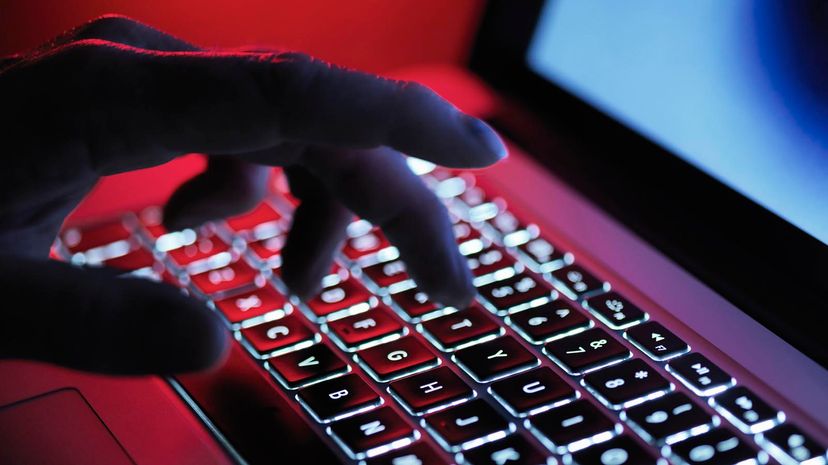The internet makes it easy to find publicly available information, such as landline phone numbers or mailing addresses, once you know a person's name, and white pages-style directory sites have long replaced old-school phone books.
But doxxing takes things much further than an innocent search for contact information.
Doxxers often set out to tie an anonymous online profile on social media sites to the true identity of the person behind it. They then publicly reveal that person's real name, along with personal details ranging from home addresses and unlisted cell phone numbers to Social Security numbers, the names of family members or bank account details.
Like identity theft, doxxing usually requires a bit of unscrupulous investigation on the part of the person digging up the info, such as stalking the target's social media profiles looking for pets' names, maiden names or other clues that they may use to guess passwords or answer security questions.
Unlike identity theft, however, the goal of doxxing is typically retribution, harassment or humiliation rather than access to financial accounts. Of course, once doxxers reveal a victim's personal details publicly, there's no telling what other internet users may do with them.



